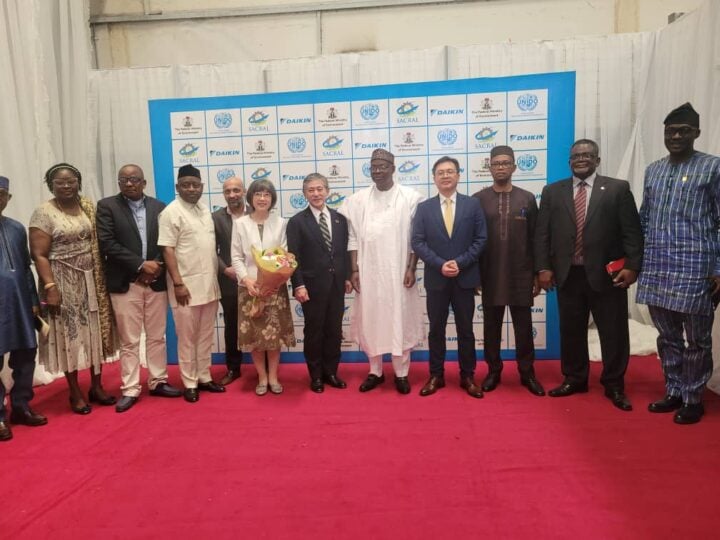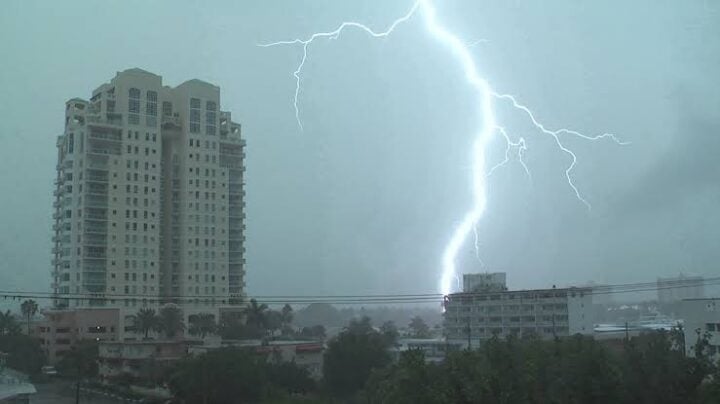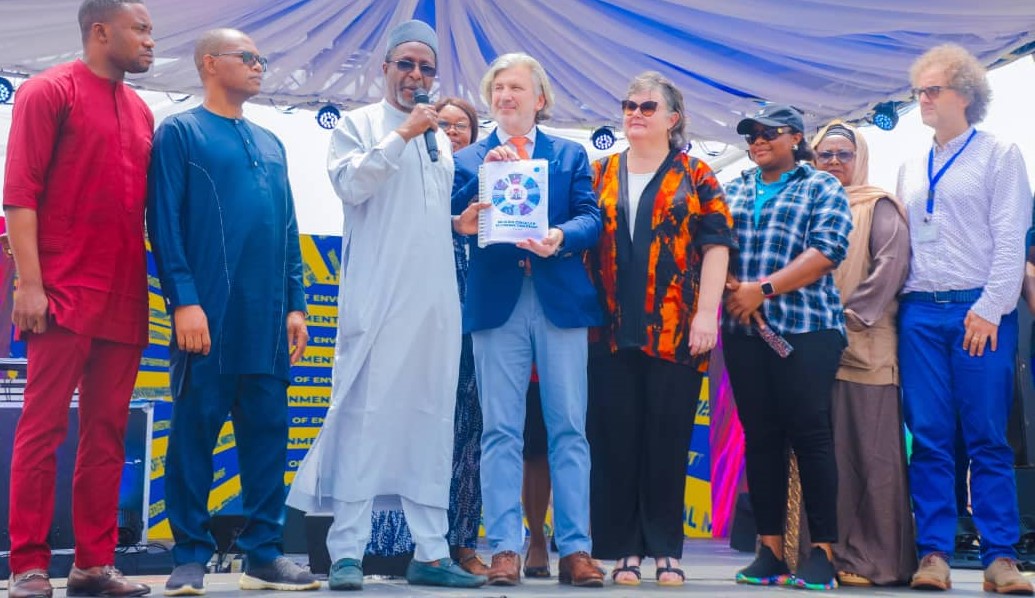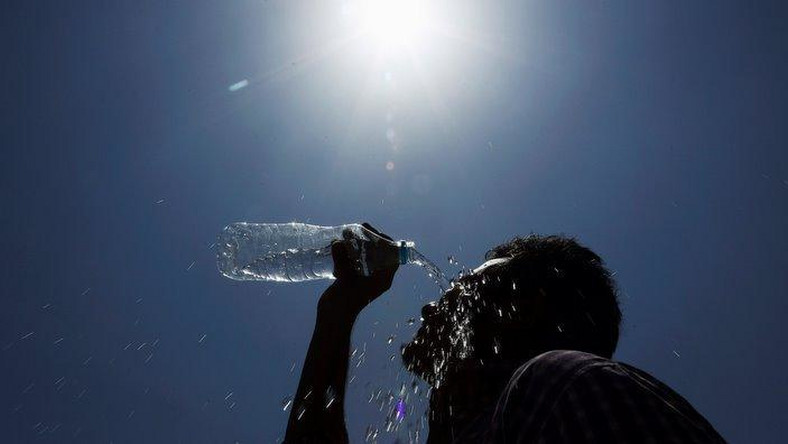Iziaq Salako, minister of state for environment, says the federal government has moved to stage three in the plans to phase out ozone-depleting substances in the country.
Salako spoke on Thursday during the inauguration of the ozone and climate-friendly air conditioning manufacturing line at Sacral Industries in Lagos.
The project, facilitated by the federal government, is supported by the United Nations Industrial Development Organisation (UNIDO).
Ozone-depleting substances (ODS) include chlorofluorocarbons (CFCs), hydrochlorofluorocarbons (HCFCs), halons, methyl bromide, carbon tetrachloride, and methyl chloroform.
Advertisement
“In September 2007 parties to the Montreal Protocol decided to accelerate their phase-out schedule for HCFC, which are gases used worldwide in refrigeration, air conditioning and foam applications, being ozone-depleting substances and powerful greenhouse gases,” the minister said.
“Developing countries, including Nigeria, agreed to start their phase-out process in 2013 and are now following a stepwise reduction until complete phase-out by 2040.
“Today’s project is being implemented in stages and having completed stages 1 and 2 under the UNIDO component of the project, the multilateral fund of the Montreal Protocol approved stage 3, which we are currently implementing.
Advertisement
“This involves focusing on the conversion of eligible companies in the refrigeration and air conditioning manufacturing sector from the use of HCFCs to ozone-friendly and low global warming potential alternatives such as hydrocarbons, to help Nigeria meet its target of 67.5 percent reduction in HCFC baseline consumption by 2025.”
The minister added that the project will generate foreign exchange for the country from the export of the company’s products and savings from local production.
He also said the project would create jobs and generate wealth for Nigerians.
“The federal government is determined to create the enabling environment to ensure that our manufacturing progresses in a green pathway and that our manufacturing practices are sustainable, and they are climate-friendly,” he added.
Advertisement
“We’re therefore putting in place regulations and policies to support that. Again, financing is also a major strategy that we’re going to use to drive our green pathway.”
Salako also urged other private companies to float green bonds that can only be assessed by manufacturers and companies that are doing environmentally friendly production.
“So through policies to regulations and innovative financing, we are going to be driving these kinds of projects,” he said.
On his part, Zou Ciyong, deputy director-general of UNIDO, said Nigeria has shown commitment and determination to phasing out ozone-depleting substances.
Advertisement
“I see the strong commitment from the federal government. Through this cooperation at the policy level, we need to create a conducive and predictable policy environment for all the players, particularly manufacturing companies,” he said.
“Also international organisations need to support this process like UNIDO because these companies here in Nigeria may not have the technologies and may not have the access to finance.
Advertisement
“We need to support them with these approaches just like any kind of ozone depletion substance, like technologies, making the case for this project.”
Rajeev Girglani, managing director of Sacral, appreciated the federal government for its immense support.
Advertisement
“The federal ministry of environment has been the biggest supporter. For seven to eight years we talked about increasing the product rating in Nigeria,” he said.
“We do not need substandard products. I think that’s the greener and cleaner future we’re all looking for.”
Advertisement
He also said the products, apart from being environmentally friendly, can save costs in the long term for the user and are also durable.
Add a comment






